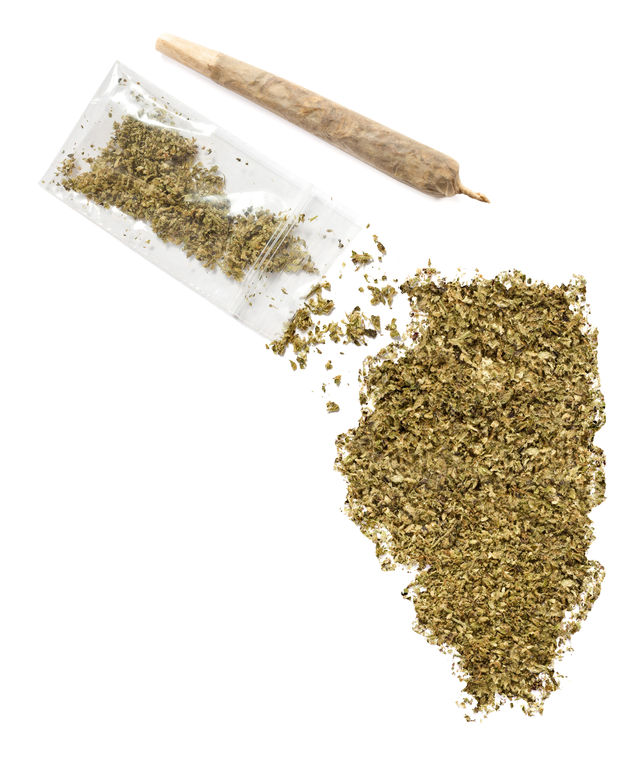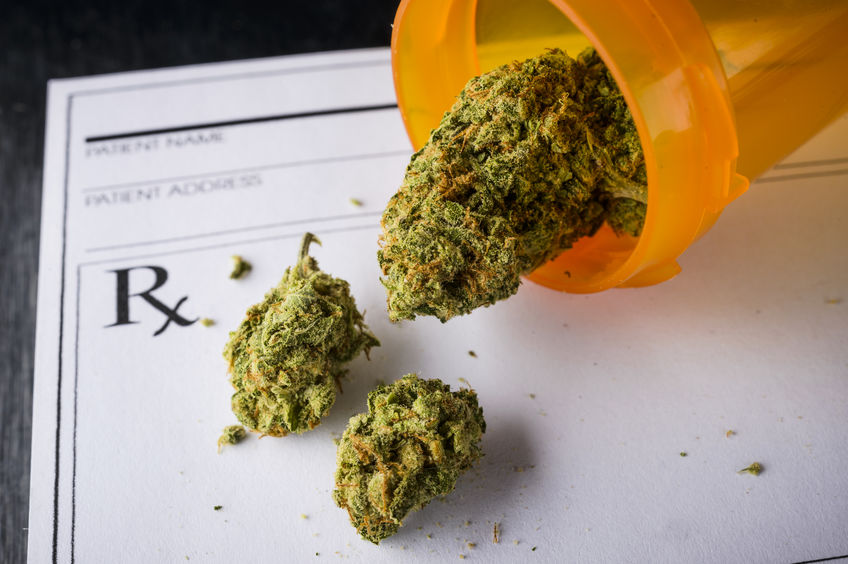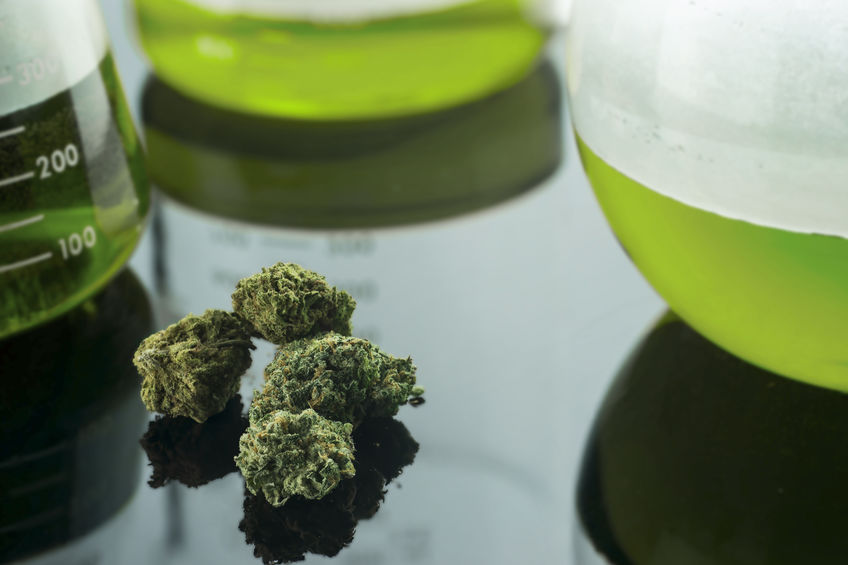Category: taxation
Illinois Recreational Cannabis: What You Need to Know

“In the interest of equity and criminal justice reform, I look forward to signing this monumental legislation,” said Illinois Governor, J.B. Pritzker, following the passage of House Bill 1438 on Friday, May 31, 2019. The 66-47 vote made Illinois the 11th state to legalize adult-use cannabis and the first to do so through the state legislature. Vermont’s program was approved through its legislature but does not permit commercial sales. Approval in other states occurred via referendum.
The bill, which passed 38-17 in the state Senate two days earlier, focuses on social equity and addressing Illinois’ financial deficit. Chicago Crain’s Business reports that, “Illinois expects sales to eventually reach $1.5 billion to $2 billion a year, producing $500 million in revenue for the cash-strapped state.”
Following the November, 2018 midterm elections, we commented on what Governor Pritzker’s election victory would portend for the future of cannabis in Illinois. Once he signs the bill, it will be the law of the land.
Here’s what you need to know about the new law:
Growing and Selling
Recreational sales will begin on January 1, 2020, with priority given to businesses with current medical licenses. They will be eligible to start cultivating, producing, and selling cannabis for retail use.

According to the Chicago Tribune, “Only the 20 existing licensed medical marijuana cultivation facilities will be licensed to grow it initially. Next year, craft growers may apply for licenses to cultivate up to 5,000 square feet, with preference given to applicants from minority areas disproportionately affected by the war on drugs, such as the South and West sides of Chicago. Medical marijuana dispensaries and new retail stores will be licensed to sell it.”
Buying
The bill allows for Illinois residents 21 and older to possess up to 30 grams or roughly one ounce of cannabis flower or bud. They are also allowed five grams of cannabis concentrate or 500 milligrams of THC in a cannabis-infused product. Adults visiting the state can possess up to 15 grams of cannabis. Growing plants at home will remain illegal except for certified medical patients.

Impact on Convictions
Central to the bill was the expungement of cannabis convictions.
“While the usage of cannabis has been the same across all racial groups, the actual incarceration charges have been shown to be seven times more likely for people of color than Caucasians,” said Illinois State Senator. Heather Steans (D-Chicago), the Senate bill’s main sponsor. “This bill is going to set the model, I believe, the gold standard, for how to approach social equity issues related to cannabis legalization.”
Here’s what’s at stake for convicted felons, according to the Chicago Tribune: “The governor will pardon past convictions for possession of up to 30 grams, with the attorney general going to court to expunge or delete public records of a conviction or arrest. For possession of 30 to 500 grams, an individual or a state’s attorney may petition the court to vacate and expunge the conviction, but prosecutors may object, with a judge to make the decision.”
Taxation
Per ABC News and the Chicago Tribune, consumers will be taxed in the following way:
- A 10% tax will be levied on cannabis products containing less than 35% THC
- 20% for cannabis-infused products like edibles
- 25% for THC concentrations of more than 35%
Additional state and local taxes apply and can be as high as 9.75%, including:
- 3% municipality
- 3.75% county in unincorporated areas
- 3% in Cook County (Chicago)
Opting In or Out
Similar to other adult use programs, local governments may opt in or out. According the Chicago Tribune, “Municipalities and counties may ban cannabis businesses within their boundaries, but may not ban individual possession. Any person, business or landlord may prohibit use on private property. Colleges and universities may continue to prohibit marijuana use.”
Where You Can and Cannot Consume
Usage at home is permitted as long as it’s out of view of the public. Places where use is strictly prohibited include: public areas, school grounds, in any motor vehicle, in a correctional facility, around someone under 21, while driving a boat or flying a plane, or by a school bus driver, police, fire or corrections officer while on duty.What Else?
Cannabis remains a Schedule 1 illegal drug by the federal government; however, federal law enforcement tends not to prosecute possession of small amounts or businesses complying with state programs.
Medical cannabis was also a winner at the eleventh hour of the legislative session. The House passed the bipartisan SB 2023, which will make the Compassionate Use of Medical Cannabis Pilot Program Act permanent while broadening its scope. Illinois State Representative Bob Morgan’s (D) reauthorization bill removes the program’s July, 2020 sunset and adds more patient qualifying conditions, including chronic pain and autism.

The bill also permits advanced practice nurses and physician assistants to recommend medical cannabis in addition to physicians and increases the number of caregivers that patients can use to access the program. Similar to the adult-use program, the reauthorization bill emphasizes equity standards and will award five dispensary licenses to ensure equal opportunity.
“It is critical for the state that the pilot program be reauthorized and revised,” said Morgan in a press release. “The initial program placed a significant regulatory burden on patients. With the passage of SB2023, the new program will streamline the process and help patients suffering from debilitating medical conditions.”

